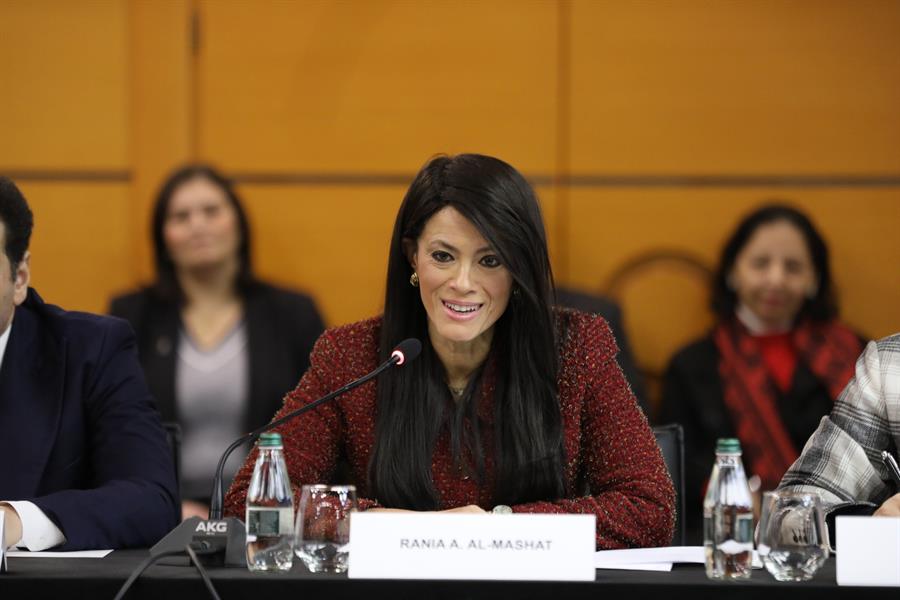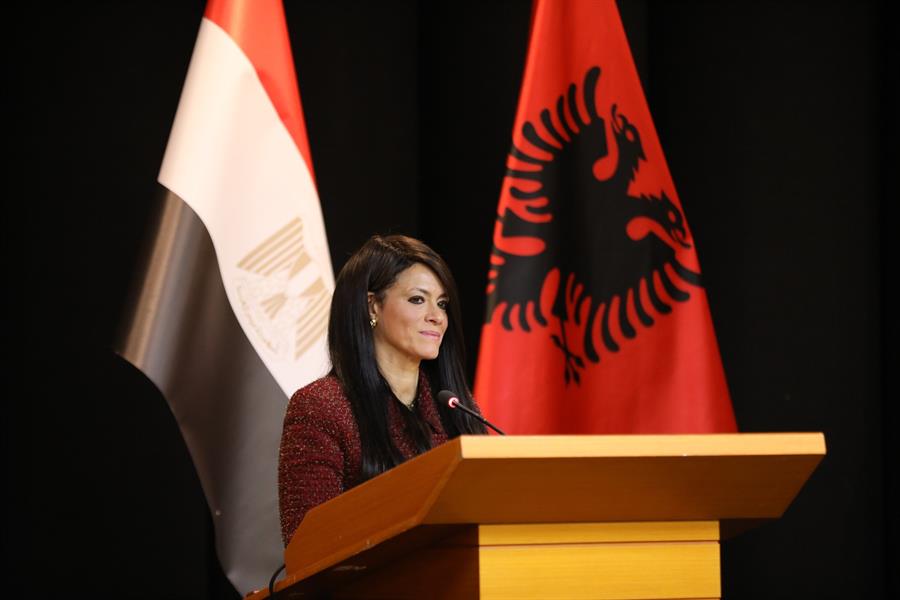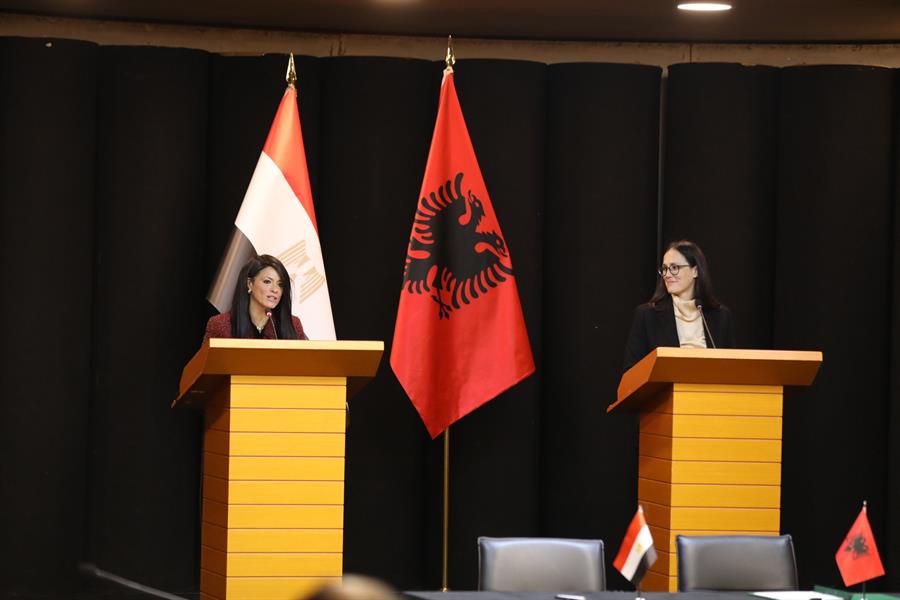Planning Minister meets WB delegation to discuss enhancing cooperation

09 September 2023
H.E. Dr. Hala El-Said, Minister of Planning and Economic Development, met with a delegation from the World Bank (WB), headed by Fadia Saadeh, Director of Human Development for the Middle East and North Africa region, and Stephane Guimbert, Country Director for Egypt, Yemen, and Djibouti, Middle East, and North Africa, to discuss many cooperation files, including the local development program in Upper Egypt. Supporting the structural reform agenda led by the Ministry, opportunities for cooperation in Egypt's green and climate agenda, and the initiatives that the Ministry is working on.
The meeting witnessed the presence of Dr. Ahmed Kamali, Deputy Minister of Planning, Dr. Mona Essam, Assistant Minister for Sustainable Development Affairs, Ambassador Hazem Khairat, Director of the International Cooperation Office, Dr. Sherifa Sherif, Executive Director of the National Institute for Governance and Sustainable Development, Dr. Hanan Nazir, Head of the Labor Market Unit, Dr. Reham Rizk, Director of the Modeling Unit.
During the meeting, Dr. Hala El-Said reviewed the work fields of the ministry and the most important pending files. She also referred to the cooperation with the bank in the framework of the Upper Egypt Local Development Program, as a result of which the capacity of the local government to provide high-quality infrastructure and services has been strengthened.
In the meeting, El-Said also assessed the economic development of Egypt in recent years and emphasized that the various economic measures implemented by the Egyptian government have proven to be effective in the current period and the country's ability to withstand the accelerating global inflationary crisis and interruption of supply chains.
She also said that the ministry, in collaboration with the Ministry of Environment, launched a guide on environmental sustainability standards, which aims to increase the share of green projects in the investment plan to 50 percent by 2024/2025.
Regarding the initiatives the ministry is working on, El-Said referred to the "Decent Life for Climate Resilient Africa" initiative launched at Cop27 as part of the success of the Decent Life Initiative.
El-Said also highlighted the national initiative for smart green projects in the governorates, which aims to find solutions to environmental and climate changes in the Egyptian governorates.
Moreover, she discussed the Initiative of Friends of Greening for National Investment Plans in Africa and Developing Countries, which aims to promote the concept of greening of National Investment Plans as one way to generalize and prioritize resources and investments to achieve the goals of the United Nations Framework Convention on Climate Change and the Paris Agreement.
El-Said spoke about an initiative to promote excellence in public investment management at the local level, which aims to encourage governors to adopt international best practices in planning, monitoring, and performance evaluation and to improve operational efficiency and management of state expenditures and development of work systems of local governments.









